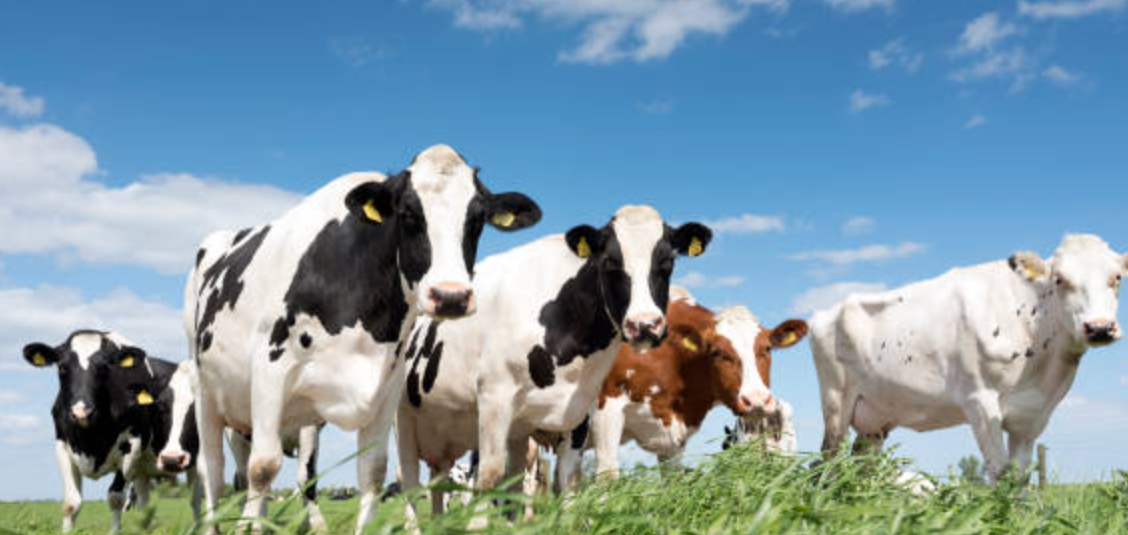
Is cell-based milk an environmentally superior alternative to traditional dairy?
Cell-based milk is being touted as an environmentally superior alternative to traditional dairy milk for several reasons.Firstly, the production of cell-based milk is much more resource-efficient than traditional dairy milk production. Traditional dairy farming requires a significant amount of land, water, and feed to produce milk, and the associated greenhouse gas emissions from the livestock contribute to climate change. In contrast, cell-based milk can be produced with a fraction of the resources required for traditional dairy, and it produces far fewer greenhouse gas emissions.
Cell-based milk is produced using a process that requires significantly fewer resources than traditional dairy farming. Traditional dairy farming involves raising and caring for dairy cows, which require large amounts of land, feed, water, and other resources. This also results in the production of large amounts of greenhouse gas emissions, particularly from cow manure and enteric fermentation (the digestive process of cows).
In contrast, cell-based milk production involves growing milk proteins and fats from cells in a lab, without the need for live animals. This process can be much more efficient and sustainable since it requires significantly less land, water, and feed. Additionally, the production of cell-based milk generates fewer greenhouse gas emissions because it doesn't involve the methane-producing digestive process of cows or the waste management required for their manure.
Secondly, cell-based milk production has the potential to reduce land use and deforestation associated with dairy farming. Traditional dairy farming often requires large amounts of land for grazing and feed production, and the expansion of dairy farming can contribute to deforestation. In contrast, cell-based milk can be produced in a lab setting without the need for land or deforestation.
Thirdly, cell-based milk has the potential to reduce animal welfare concerns associated with dairy farming. Dairy cows can be subjected to poor living conditions, such as cramped quarters and restrictive diets, and may be subject to physical abuse. Cell-based milk production does not involve any animals being raised or slaughtered for milk production and could potentially provide a more ethical alternative for those concerned about animal welfare.
While cell-based milk is still in the early stages of development and not yet widely available on the market, it has the potential to offer a more sustainable and ethical alternative to traditional dairy milk.